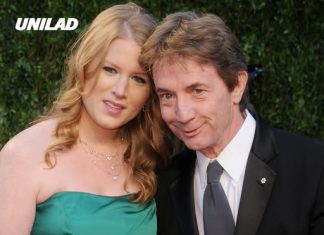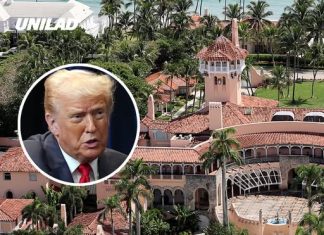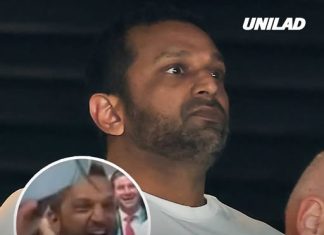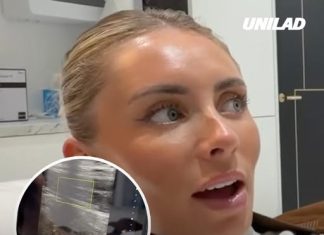Roblox, one of the world’s largest gaming platforms, has come under heavy criticism after banning a YouTuber known as Schlep. The creator gained popularity for conducting investigations that allegedly exposed child predators using Roblox, claiming his work led to six confirmed arrests. Despite these efforts, Roblox issued a cease-and-desist letter and permanently banned him, sparking a major debate about online safety, censorship, and corporate accountability.
Schlep’s Personal Story and Legal Representation
Schlep is himself a survivor of child abuse, claiming he was exploited by someone who once had visibility on Roblox. Between the ages of 12 and 15, he endured repeated abuse and even attempted suicide, leading to hospitalization. His mother reached out to Roblox for help, but the platform allegedly dismissed the incident as occurring “on another platform,” despite evidence of connection to Roblox.
His legal team, Stinar Gould Grieco & Hensley (SGGH), accused Roblox of protecting abusers rather than supporting victims. They argue that the company retaliated against Schlep instead of acknowledging flaws in its own safety systems.
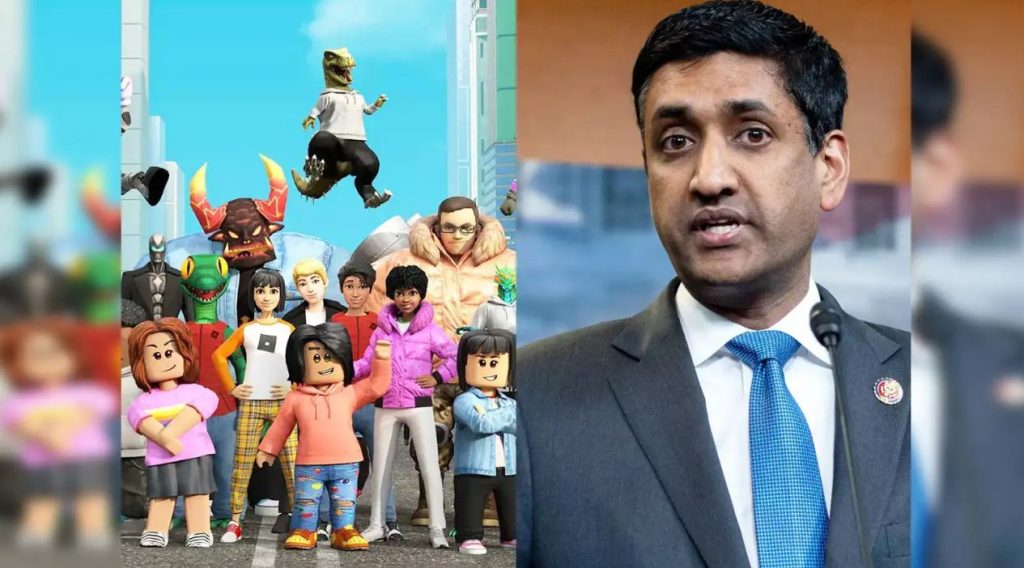
Roblox Explains Its Decision
In its defense, Roblox stated that Schlep’s activities violated new rules targeting “vigilante groups.” The platform claimed he staged unsafe situations, published sensitive content, and contacted users outside official channels, which allegedly put minors at further risk. Roblox emphasized that safety concerns should be addressed through official moderation processes and law enforcement, not through independent investigations shared online.
Public Outcry and the Rise of #FreeSchlep
The decision to ban Schlep triggered massive backlash across the gaming community. The hashtag #FreeSchlep began trending, with prominent content creators like MoistCr1TiKal, JiDion, and KreekCraft voicing support. Some even left Roblox’s Video Stars Program in protest, criticizing the company for punishing someone who helped identify predators rather than applauding his efforts. Adding to the controversy, investigative journalist Chris Hansen—best known for To Catch a Predator—announced plans to produce a documentary exploring Roblox’s handling of safety issues, featuring interviews with Schlep, victims, and law enforcement.
Legal and Political Pressure
The backlash has escalated beyond social media. The state of Louisiana has filed a lawsuit against Roblox, calling the platform “the perfect place for pedophiles” and demanding stricter safeguards, including age verification and stronger content moderation.
Meanwhile, U.S. Representative Ro Khanna has launched a petition calling for greater accountability from online platforms regarding child safety, with Schlep’s case cited as a major example of the industry’s shortcomings.
Financial Impact and Reputation Damage
The controversy has also hurt Roblox’s market performance. Company shares reportedly dropped by more than 10% in the days following the ban, signaling investor concerns over the growing scandal and its potential legal consequences.
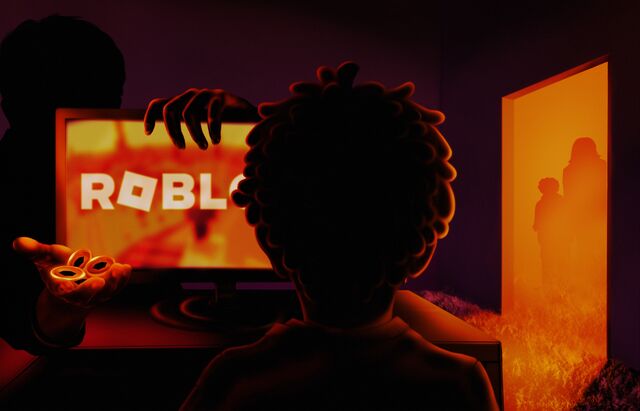
Conclusion: A Turning Point for Online Safety?
The Schlep controversy highlights a difficult question: Should platforms punish independent investigators for breaching policy, or support them for uncovering serious threats? Roblox now faces mounting pressure from users, legal authorities, and the public to take child safety more seriously—or risk lasting damage to its reputation. The controversy continues to grow, with experts suggesting this case may spark lasting reforms in online safety protocols across gaming platforms worldwide.













